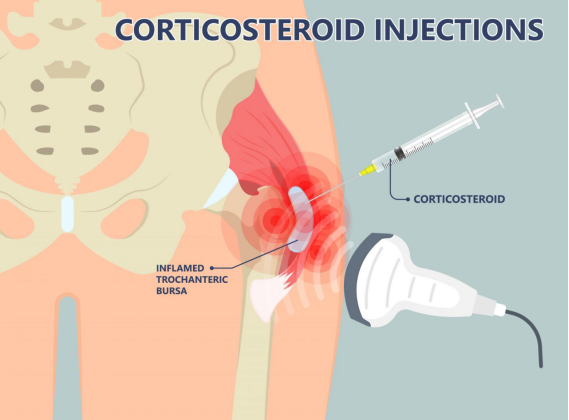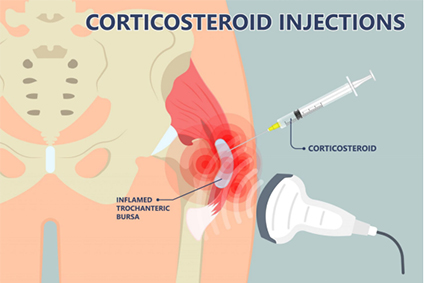
Introduction
Hip arthroscopy has become a widely utilized surgical technique for treating various hip conditions. Many patients receive corticosteroid injections to alleviate pain and inflammation before surgery, but timing may play a crucial role in postoperative outcomes. A recent study done by Dr. Okoroha’s colleagues evaluated the association between corticosteroid injection timing and postoperative infection risks, shedding light on the importance of planning preoperative treatments carefully.
Study Highlights
Patient Demographics
The study reviewed 12,390 hip arthroscopy cases from a national database. Among these, patients receiving corticosteroid injections were matched to control patients based on key factors like age, sex, and comorbidities such as diabetes, hypertension, obesity, and tobacco use.
Follow-Ups
Patients were divided into groups based on injection timing: 0-4 weeks, 4-8 weeks, and 8-12 weeks before surgery. Postoperative infection and wound healing outcomes were tracked using claims data and standardized coding systems.
Positive Outcomes
The study found that corticosteroid injections administered between 4 to 12 weeks before hip arthroscopy did not significantly increase the risk of postoperative infections compared to controls. Patients in this timeframe were able to benefit from preoperative pain relief without added surgical risks, demonstrating that carefully timed injections can still play a valuable role in managing symptoms prior to surgery.
Key Findings on Risks
However, corticosteroid injections administered within 0 to 4 weeks before surgery were associated with significantly higher risks of complications. These patients had a 2.43 times greater likelihood of developing surgical-site infections and a 1.84 times higher rate of wound dehiscence compared to controls, highlighting the dangers of short preoperative intervals between injection and surgery.
Conclusion
This study highlights the importance of timing when administering corticosteroid injections before hip arthroscopy. Injections given within 4 weeks of surgery significantly increase the risk of postoperative infections and wound complications, underscoring the need for careful scheduling and patient counseling. Surgeons and patients alike should weigh the benefits of preoperative corticosteroid use against its potential risks, ensuring optimal surgical outcomes through informed decision-making.
We are committed to providing personalized care and innovative treatments to help athletes reach their full potential. To learn more about hip impingement, FAI, hip labral tears, CAM and Pincer lesions, schedule a consultation with Dr. Okoroha today. Seeing patients from Minneapolis, St. Paul, Plymouth, Edina, Minnetonka, Rochester, and Minnesota ensures that athletes receive specialized care aimed at maximizing their athletic performance and long-term hip health.










